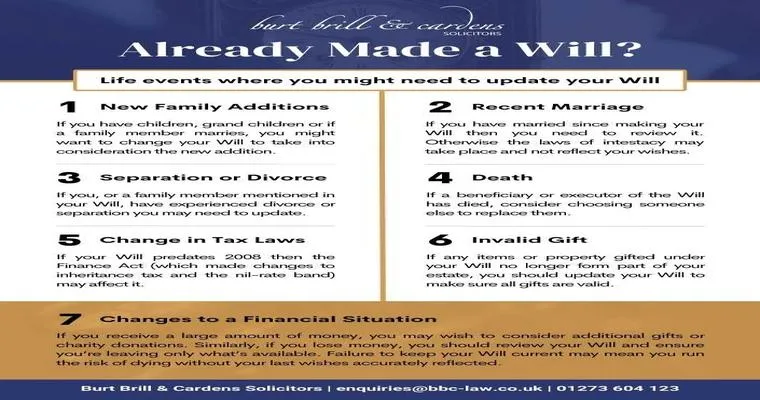The death of a loved one is an incredibly emotional time, and when "someone dies without a will", it can lead to confusion and conflict among family members. If you have been the "caregiver" for your mother and have been living with her, you may be wondering about your rights regarding the house and whether family members can "force you out" after her passing. This article aims to clarify your situation and provide guidance on what steps you can take.
When a person dies without a will, they are said to have died "intestate." In such cases, the laws of intestacy in your state will dictate how the deceased's assets are distributed. Typically, the estate will be divided among surviving relatives, which may include children, spouses, or siblings. This can create complications if you have been living with your mother and providing care, as other family members may seek to claim their share of the estate, including the house.
One of the significant factors to consider is whether your name is on the title of the house. If you are not listed as a co-owner or on the deed, the property will generally be treated as part of your mother's estate. This means that upon her death, the house could be subject to probate, and the law will dictate how it is handled. In this case, if there are other heirs, they may have the legal right to sell the property or evict you, even if you have been the primary caregiver.
However, there are some protections and considerations that might apply to your situation. For example, if you can demonstrate that you contributed to the upkeep of the house or provided significant financial support, you may be able to assert a claim for reimbursement or compensation. Additionally, some states have laws that recognize the rights of caregivers, which may allow you to stay in the home for a certain period after your mother's death.
It's also essential to consider the emotional and relational dynamics within your family. Even if the law permits other relatives to evict you, it may not be in everyone's best interest to pursue that course of action. Open communication with other family members may help resolve tensions and lead to a more amicable solution regarding the living arrangements after your mother's passing.
If you find yourself in this challenging situation, it’s advisable to consult with a lawyer who specializes in estate law. They can provide you with specific advice based on your circumstances and the laws in your state. Understanding your legal rights and options can help you navigate the complexities of your mother's estate and your living situation.
In conclusion, if your mother dies without a will and you have been her caregiver living in the house, the potential for being forced out of the property depends on various factors, including state laws and the absence of a will. Being proactive by seeking legal advice and maintaining open communication with family members can help you protect your rights and make informed decisions during this difficult time.





